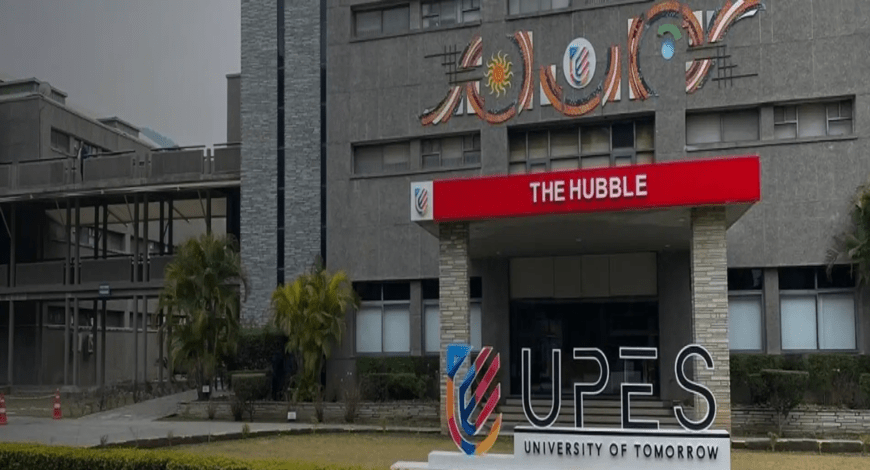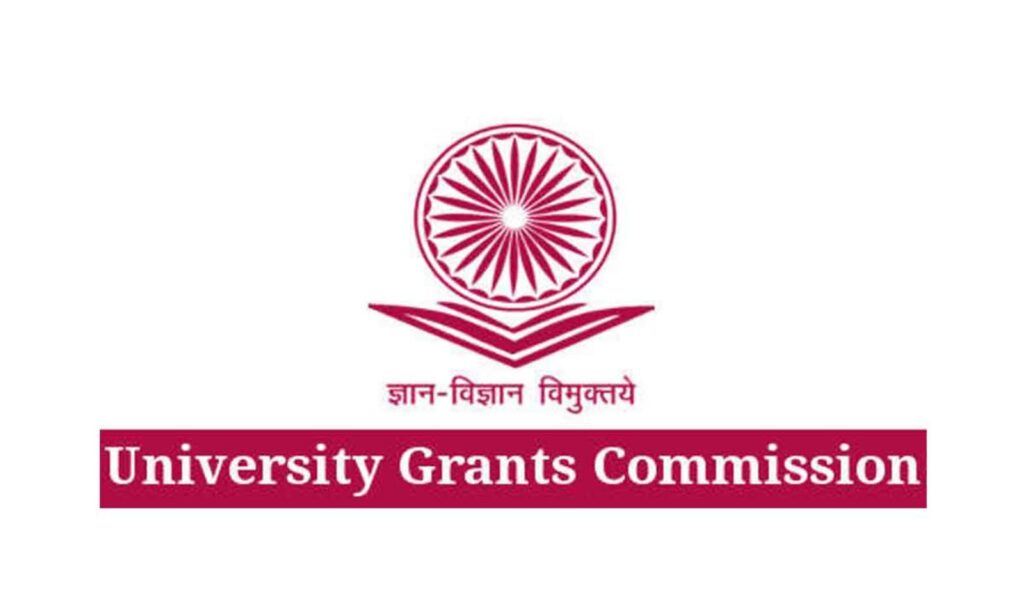- Team Aritra also secured ‘Sustainability Award’ in this contest, which was hosted by Norwegian University of Science and Technology with participants tasked with designing and building an autonomous ship
Indian Institute of Technology Madras (IIT Madras) Student Team Aritra has secured third place globally and won the Sustainability Award in Njord Challenge 2023, a global competition hosted recently by the Norwegian University of Science and Technology, Norway. They also won a cash prize of 10,000 NOK (Norwegian Krone).
Njord, Autonomous Ship Challenge is a unique, international student competition in which participants are tasked with designing and building an autonomous ship. Teams are invited to bring their vessels to Trondheim’s fjord where they compete in a series of challenges and events.
The competition is held for the students with the goal to inspire innovation and smart autonomy solutions for marine domain. The competition also offers students with an opportunity for professional development and networking. The competition saw participation from seven top international teams including one from Massachusetts Institute of Technology (MIT), USA.
Team Aritra comprises of four students from the Department of Ocean Engineering’s Marine Autonomous Vessels (MAV) Laboratory – Mohammed Ibrahim M, Amarnath Singh, Akash Vijayakumar and Rakshin Ramesh. They were mentored by IIT Madras faculty Abhilash Sharma Somayajula and Prof. MA Atmanand. The team was also supported by Prabhakaran Jay, Vallabh Deogaonkar from the MAV Laboratory.
The competition involved testing of the autonomous surface ships in three facets:
- Ability to autonomously navigate in a channel marked by navigational buoys
- Ability to dock the vessel autonomously
- Ability to autonomously detect and avoid dynamic obstacles while following the rules of the waterways (also known as COLREGS)
The applications for this project are varied. In the context of the safety and security of the country, such vehicles will be able to do live monitoring of coasts, especially strategic locations such as ports, harbours and defence installations, among others, on a continuous basis. These vehicles could be mounted with a suite of sensors to monitor the seas and the ocean atmosphere to collect data autonomously, which could then be used in models leading to climate change studies.



